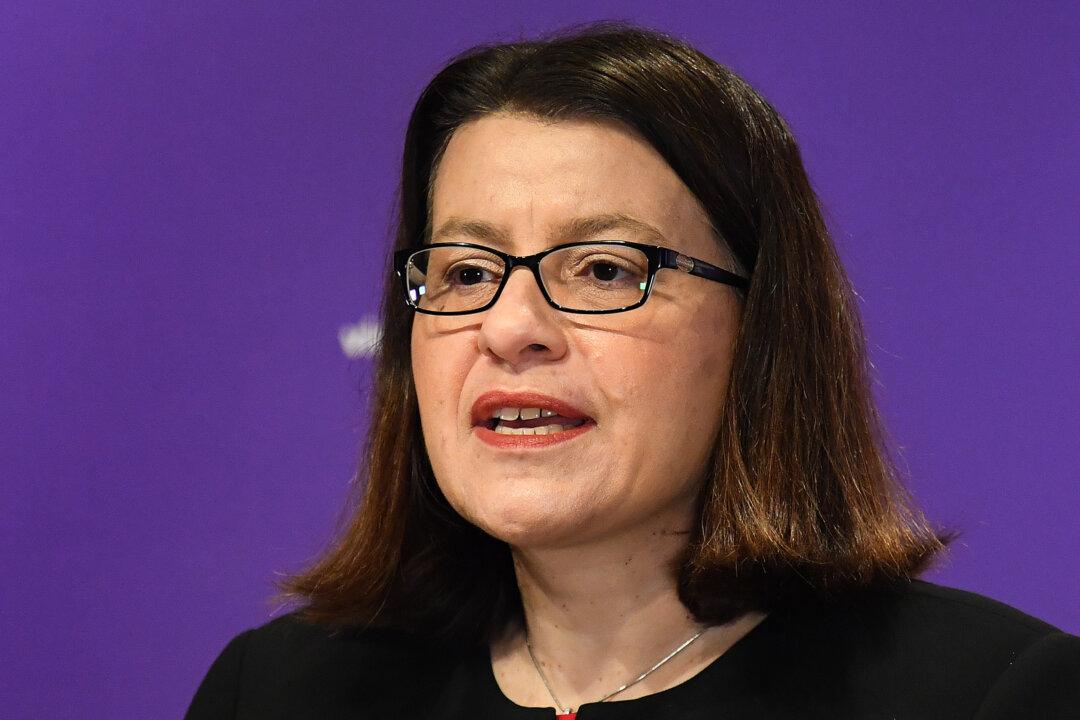Jenny Mikakos, the former health minister for the Australian state of Victoria, has warned a CCP virus hotel quarantine inquiry to “treat with caution” Premier Daniel Andrews’ evidence.
In response to the inquiry’s closing submission, lawyers for Mikakos said it’s “implausible” to suggest no one decided to use private security for the failed hotel quarantine program because it doesn’t account for the realities of “governmental operation and decision-making.”





